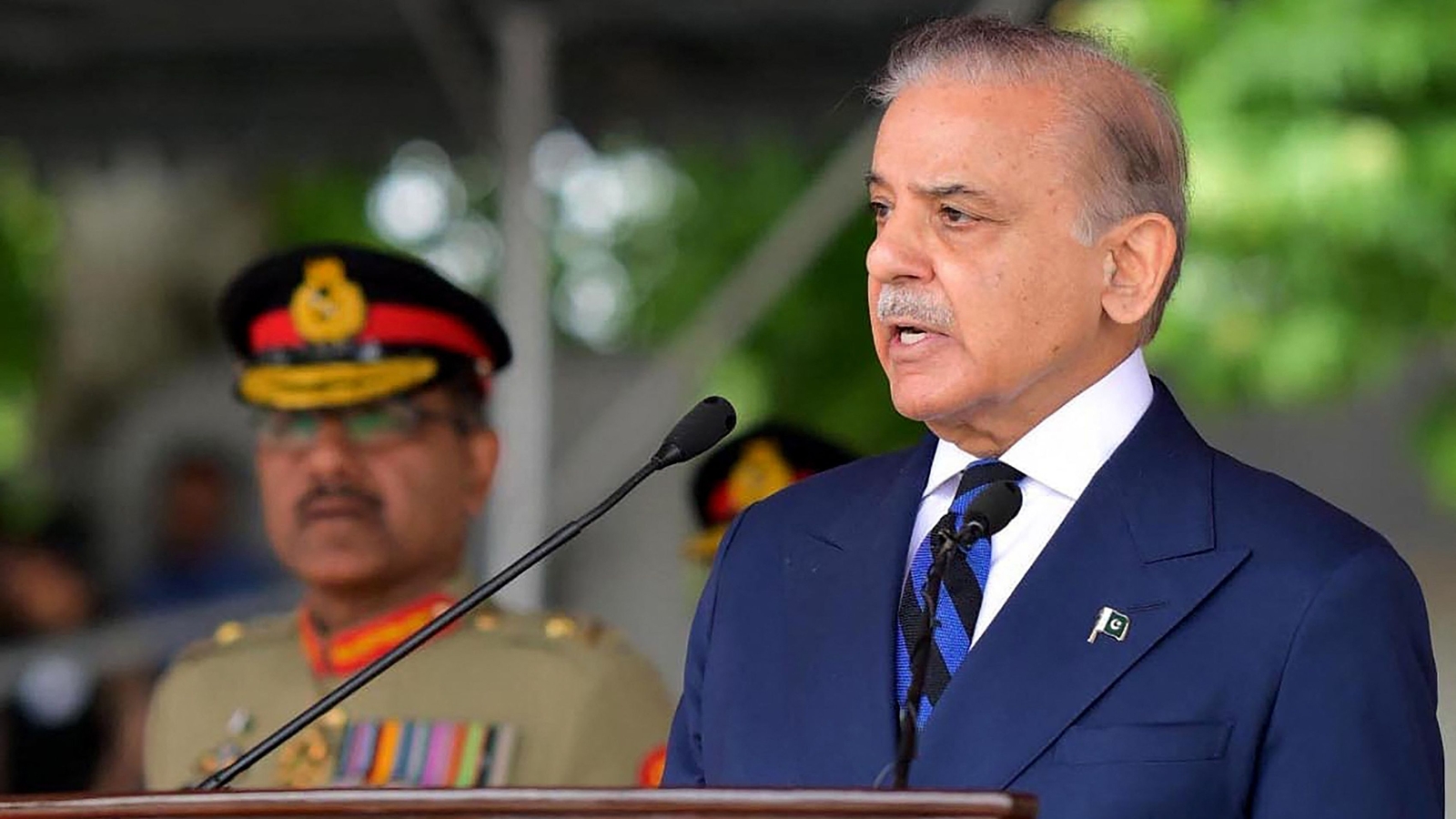Pakistan on Thursday strongly rejected Indian Defence Minister Rajnath Singh’s suggestion that the International Atomic Energy Agency (IAEA) should oversee Pakistan’s nuclear weapons, calling the statement “irresponsible” and demonstrating a “sheer ignorance” of the IAEA’s mandate.
The Pakistani Ministry of Foreign Affairs issued a sharp statement condemning Singh’s remarks, accusing him of revealing “profound insecurity and frustration” over Pakistan’s conventional defence capabilities. “Pakistan’s conventional forces are adequate to deter India without resorting to the so-called ‘nuclear blackmail’ that New Delhi complains about,” the statement added.
Rajnath Singh had made the comments during his first visit to Jammu after Operation Sindoor, addressing Indian troops at Srinagar’s Badami Bagh Cantonment. He questioned the safety of Pakistan’s nuclear arsenal, calling Pakistan “irresponsible and rogue,” and urged the global nuclear watchdog to bring Islamabad’s nuclear weapons under its supervision.
“The whole world has seen how irresponsibly Pakistan has threatened India,” Singh said. He also praised Prime Minister Narendra Modi’s leadership and the success of Operation Sindoor, as well as the people of Jammu and Kashmir for standing against terrorism and Pakistan’s provocations.
The IAEA responded by confirming there have been no radiation leaks or nuclear incidents reported from any Pakistani facilities. However, the agency has not officially commented on Singh’s call for oversight of Pakistan’s nuclear program.
The International Atomic Energy Agency, based in Vienna, serves as the leading intergovernmental organization promoting safe, secure, and peaceful use of nuclear technology worldwide. Its mandate includes scientific cooperation and monitoring, but it does not traditionally exercise direct control over sovereign states’ nuclear arsenals without specific agreements.
The exchange comes amid heightened tensions following Operation Sindoor and ongoing security challenges along the India-Pakistan border. Pakistan’s leadership, including Prime Minister Shehbaz Sharif, continues to emphasize conventional deterrence as a cornerstone of its defence posture, rejecting Indian accusations regarding nuclear security.













